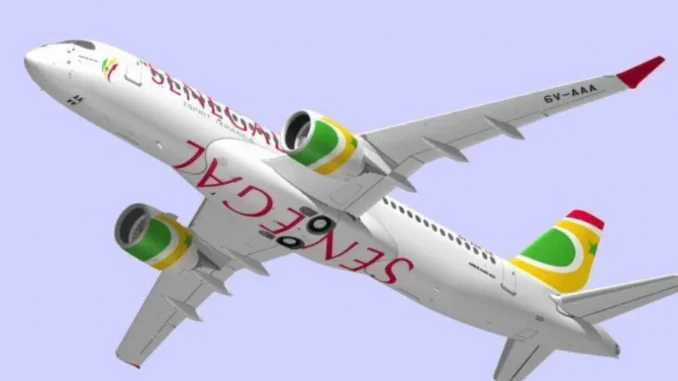
Air Sénégal and Carlyle Aviation Partners are locked in a multi-million dollar legal battle over unpaid aircraft leases. The International Air Transport Association (IATA) has confirmed that it froze Air Sénégal’s funds within its Billing and Settlement Plan (BSP) system under a Senegalese court order. This clarification follows Air Sénégal’s accusations that IATA overstepped its authority. The timing is particularly sensitive, as the dispute erupted shortly after Air Sénégal officially joined IATA.
This situation has significant implications for African travel agents and the wider aviation sector. Understanding the BSP system and the dynamics of airline-lessor relationships is crucial for navigating the complexities of the African travel market.
What is the BSP System and Why is it Important?
The BSP is a global system managed by IATA that streamlines financial transactions between travel agents and airlines. It acts as a central clearing house, simplifying payments and reporting. Agents make a single payment to the BSP, which then distributes funds to the respective airlines. This system is essential for the efficient functioning of the travel industry, particularly in Africa where multiple airlines and agents operate across diverse markets.
The Air Sénégal-Carlyle Dispute: A Closer Look
Carlyle Aviation Partners, a major aircraft lessor, leased four aircraft to Air Sénégal. Following alleged non-payment of lease fees, Carlyle terminated the leases and sought legal action. A Senegalese court ruled in favor of Carlyle, ordering the freezing of Air Sénégal’s BSP funds. This action effectively restricts Air Sénégal’s access to revenue generated through ticket sales processed via the BSP.
Air Sénégal has publicly criticized IATA’s involvement, claiming the organization acted unilaterally. However, IATA has firmly stated that it acted solely in compliance with the court order. This distinction is critical for travel agents to understand. The BSP, while managed by IATA, is subject to legal jurisdictions in the countries where it operates.
Implications for African Travel Agents
This dispute highlights the potential vulnerabilities of airlines operating in Africa and the interconnectedness of the aviation ecosystem. Travel agents relying on the BSP for transactions need to be aware of such legal proceedings, as they can disrupt business operations and financial flows.
The case also underscores the importance of strong airline-lessor relationships. Financial stability and adherence to contractual obligations are paramount for maintaining trust and ensuring smooth operations. Travel agents should consider these factors when partnering with airlines, as financial instability can impact flight schedules and availability, potentially affecting client travel plans.
Navigating the Complexities of the African Aviation Market
The African aviation landscape is characterized by unique challenges, including regulatory variations, currency fluctuations, and political considerations. The Air Sénégal-Carlyle dispute serves as a reminder of the legal and financial complexities that can arise. Travel agents operating in this environment must stay informed about industry developments and legal proceedings that could impact their business.
Key Takeaways for Travel Professionals
The Air Sénégal-Carlyle case offers valuable lessons for African travel agents:
Understand the BSP: Familiarize yourself with the BSP system, its operations, and its role in financial transactions between agents and airlines.
Monitor Airline Stability: Stay informed about the financial health and legal standing of airlines you work with. Financial instability can disrupt operations and impact your business.
Stay Updated on Legal Developments: Keep abreast of legal proceedings involving airlines, as court orders can affect BSP funds and other financial aspects of the aviation industry.
Diversify Partnerships: Consider working with multiple airlines to mitigate risks associated with any single carrier’s financial or legal challenges.
By understanding the complexities of the African aviation market and staying informed about industry developments, travel agents can better navigate challenges and protect their businesses.
